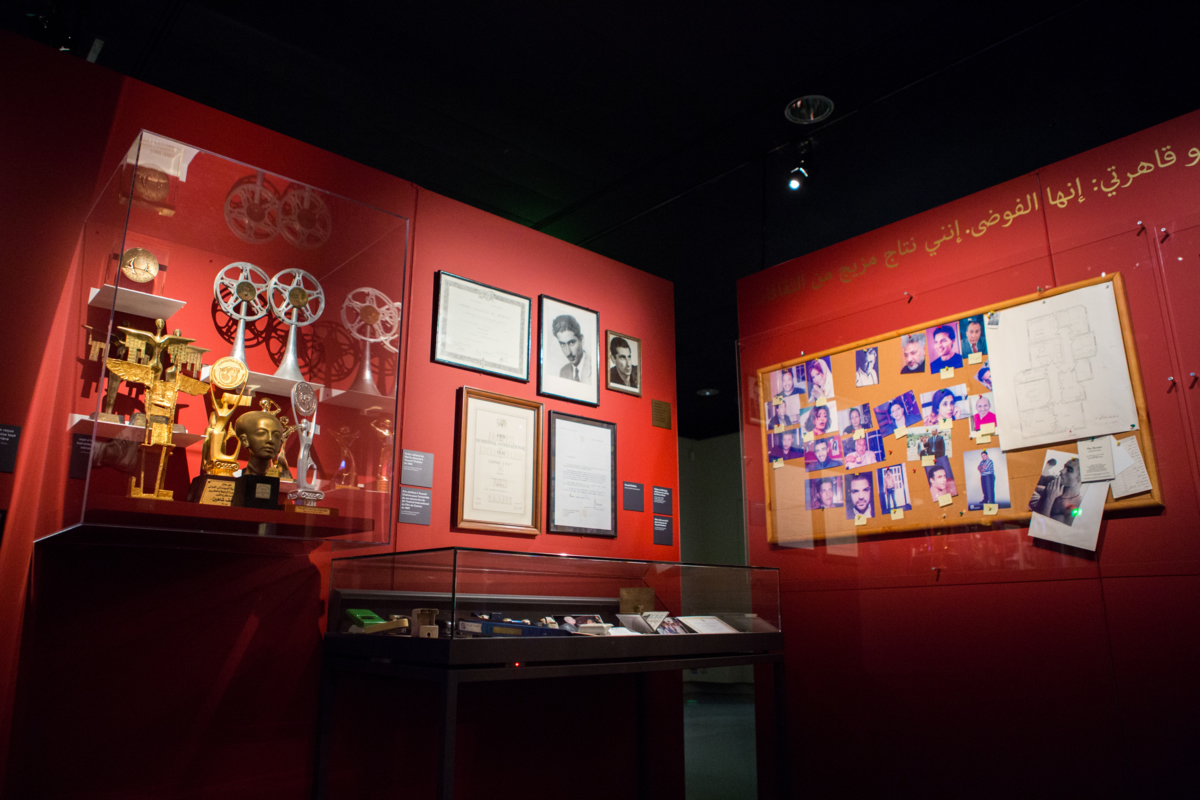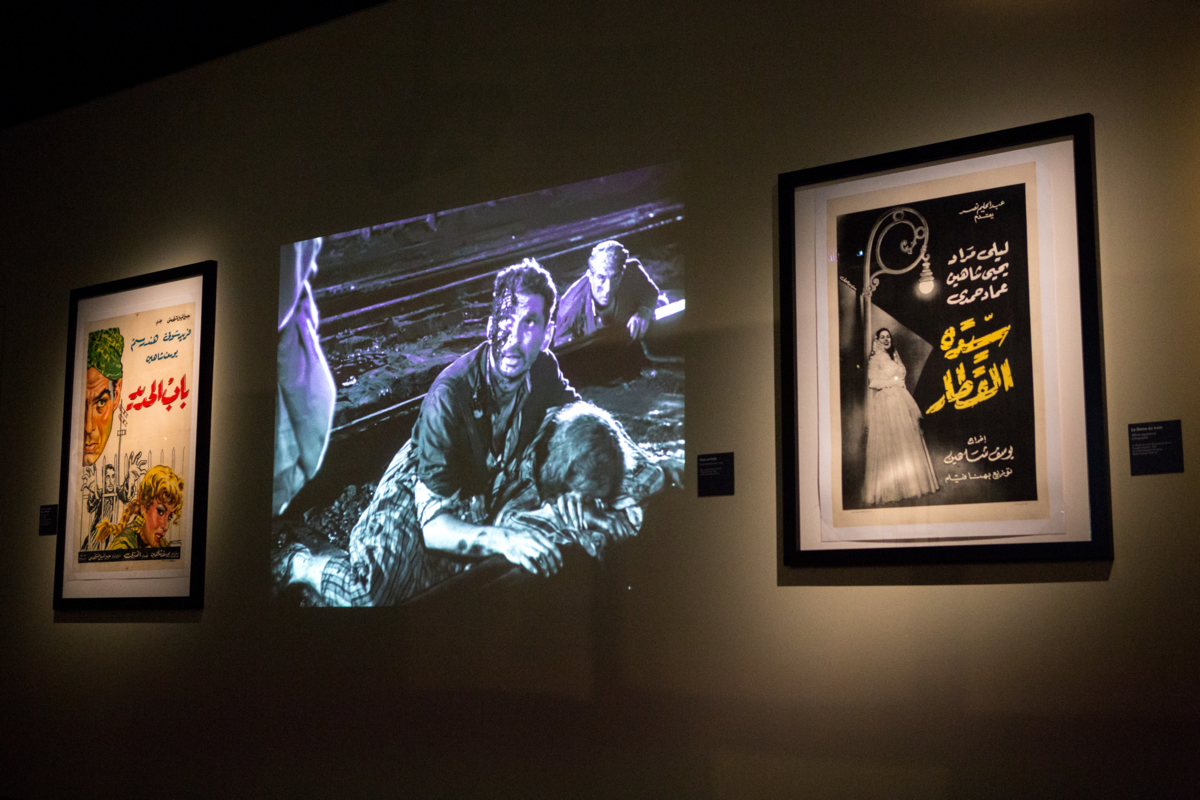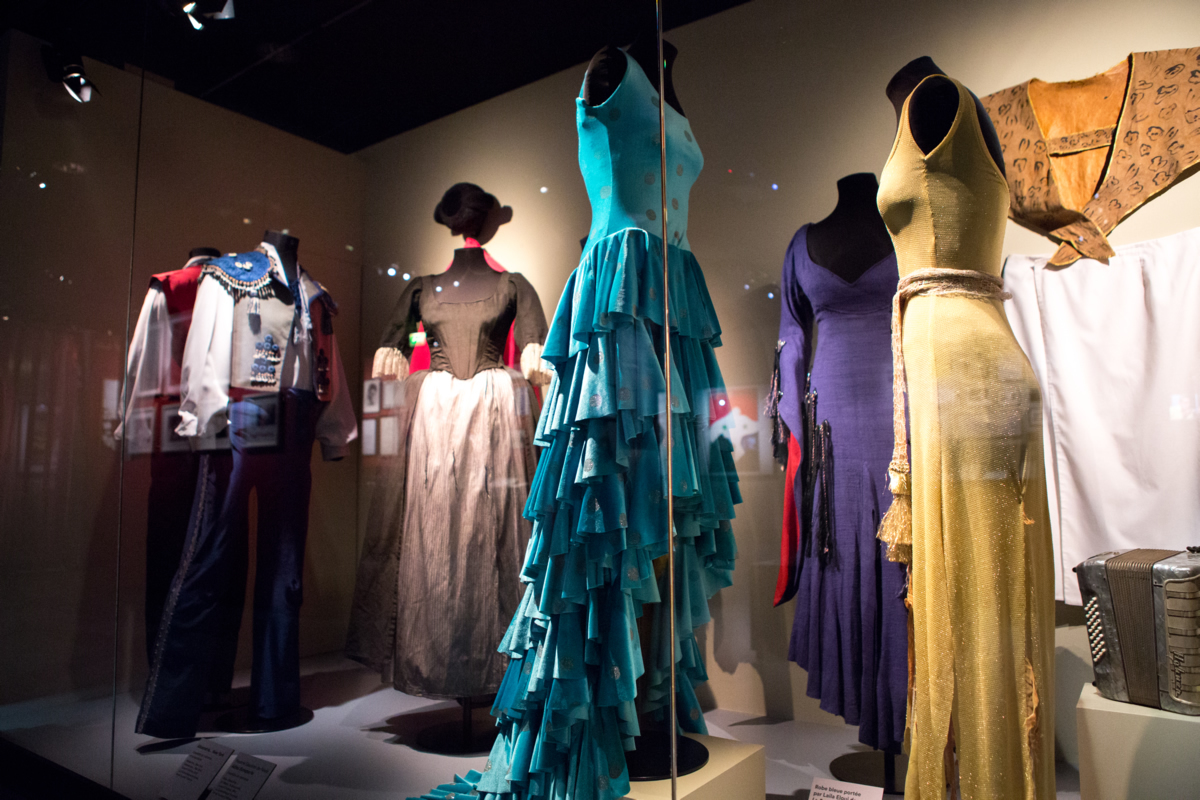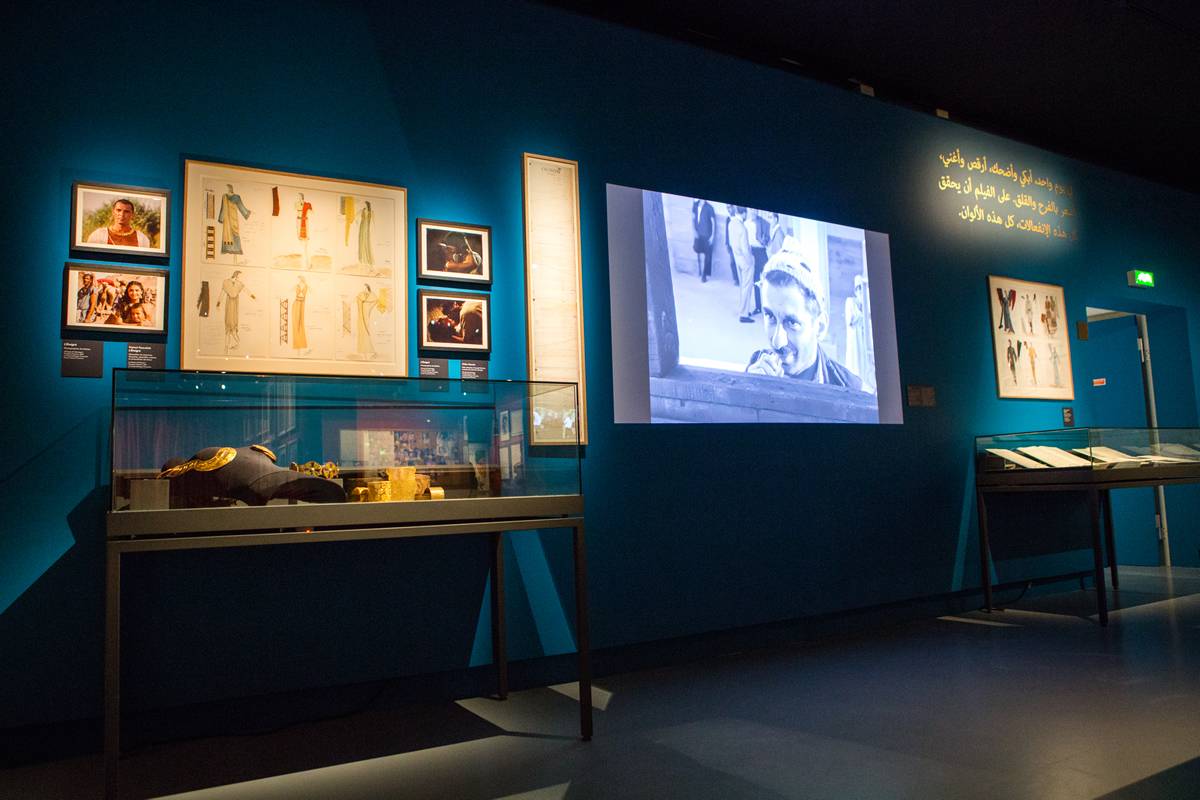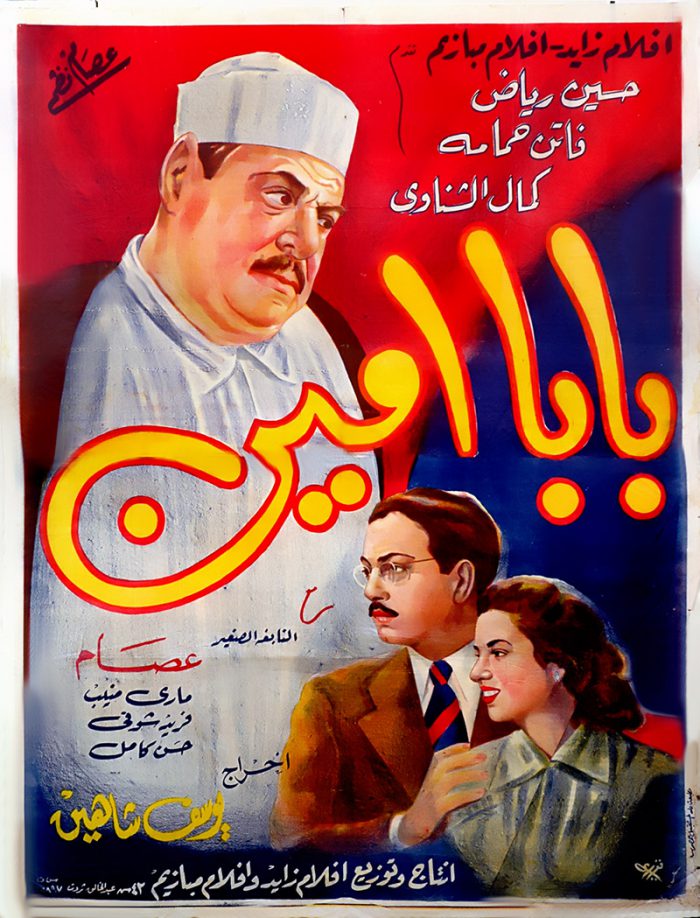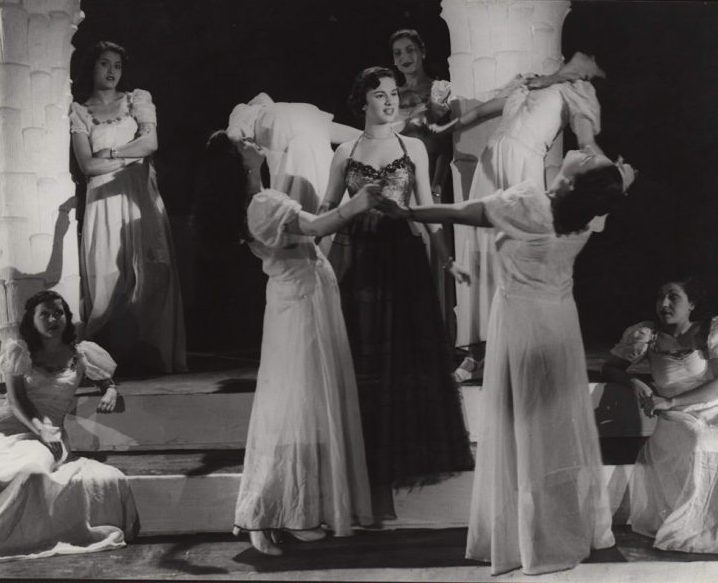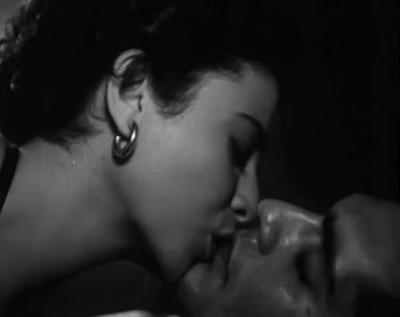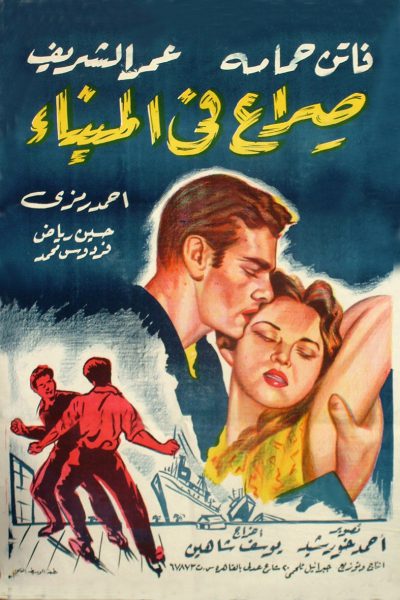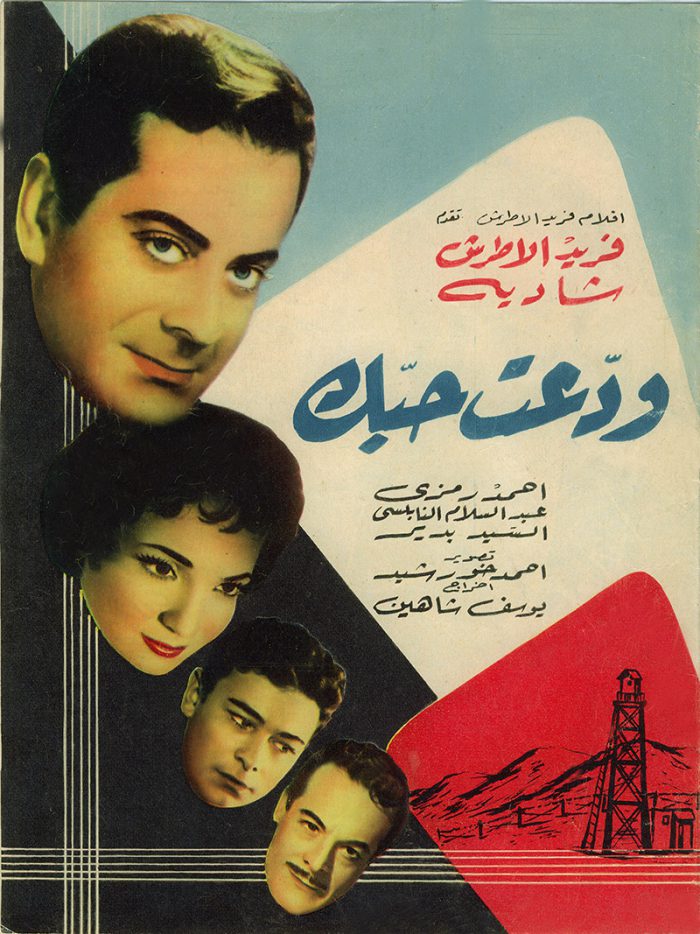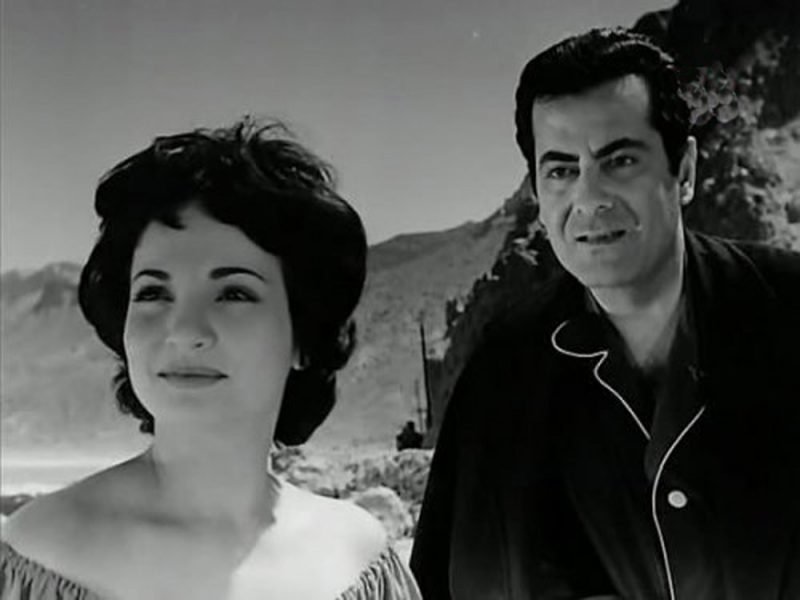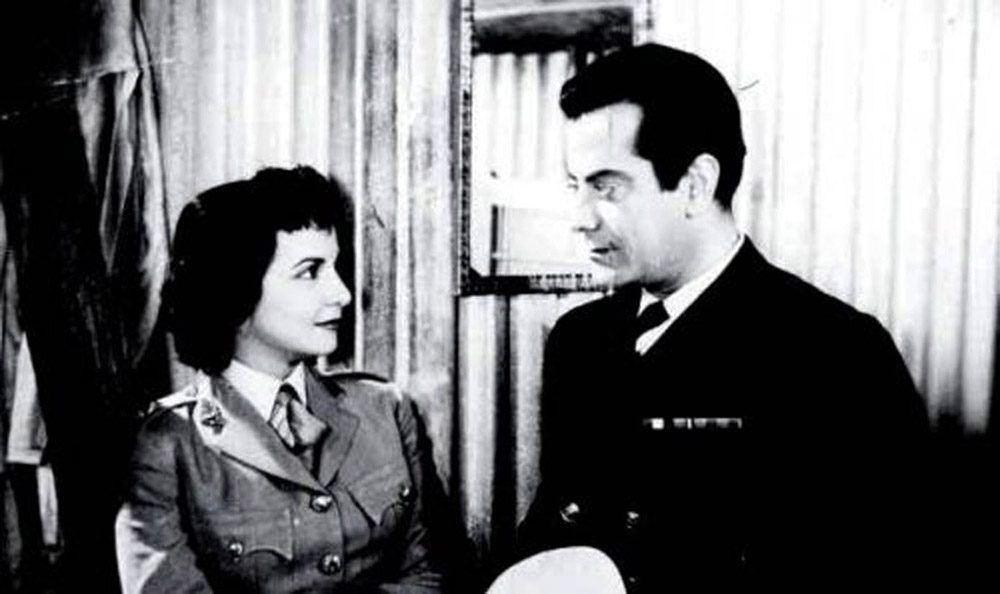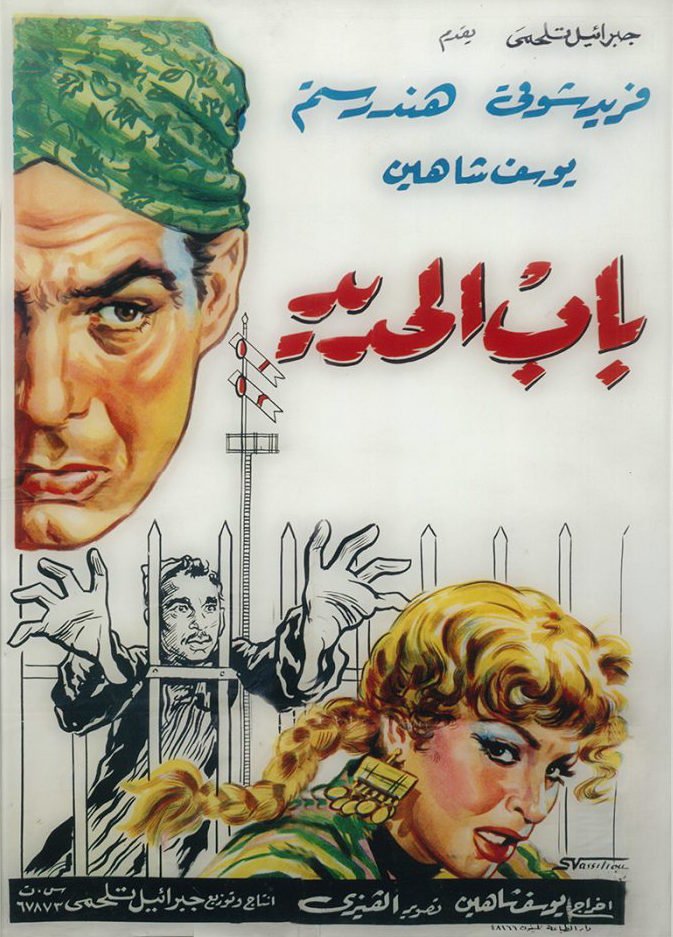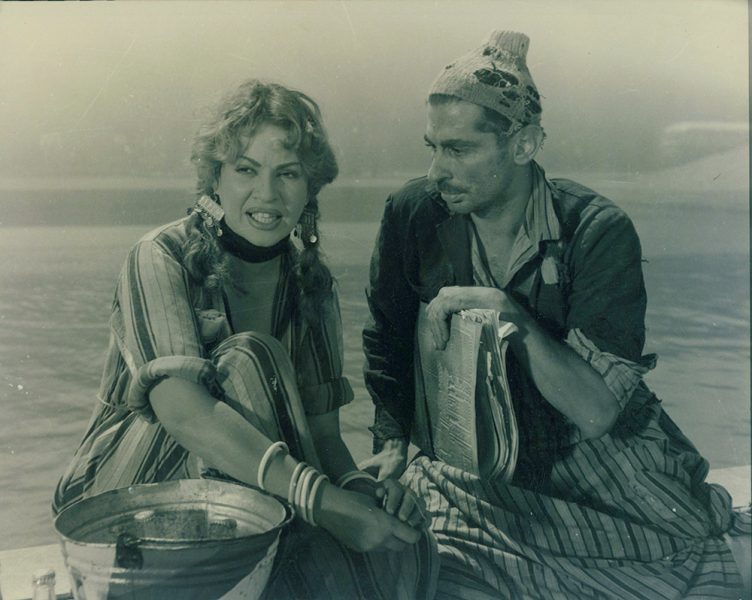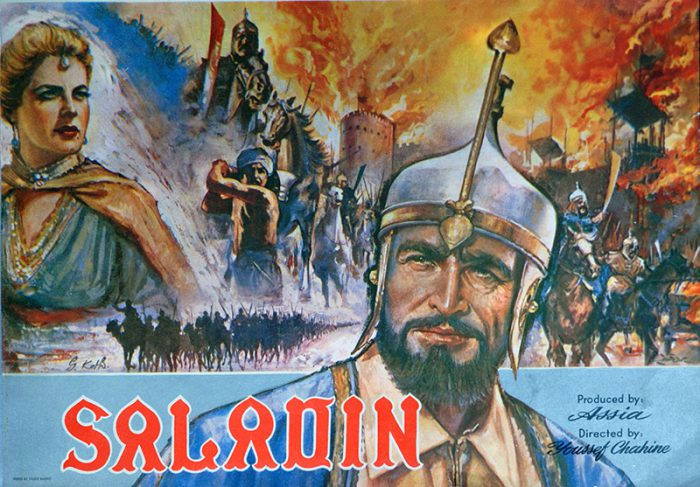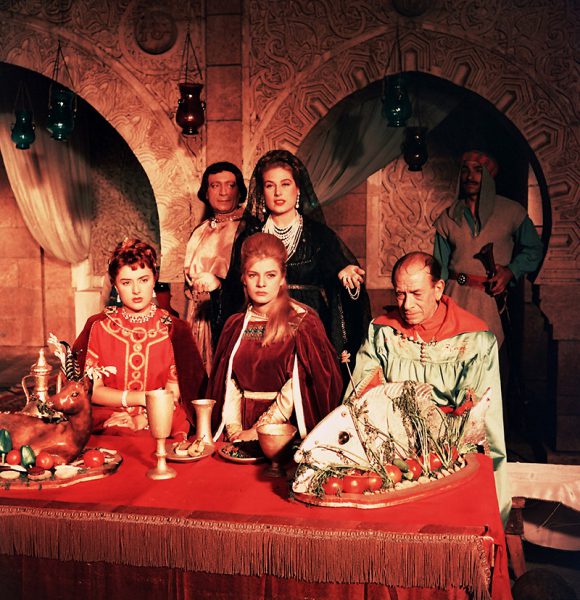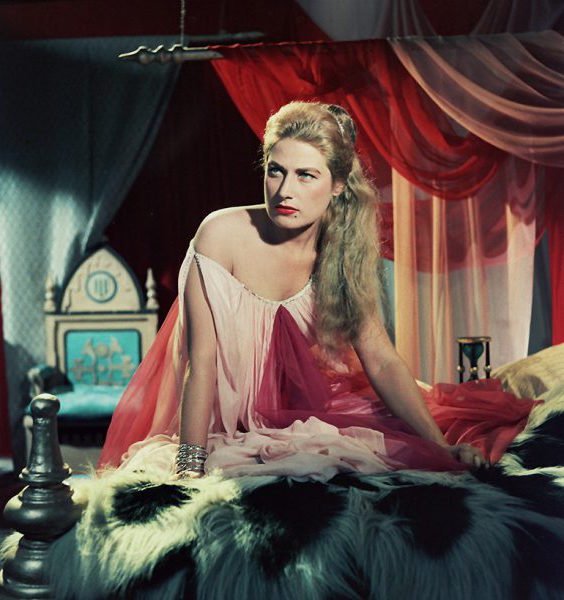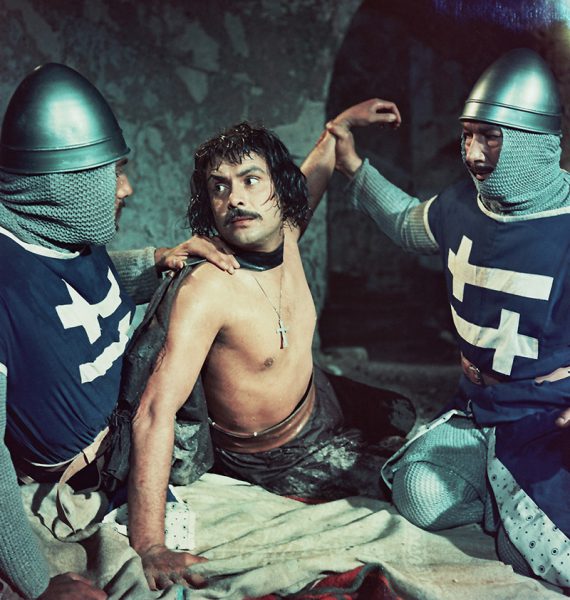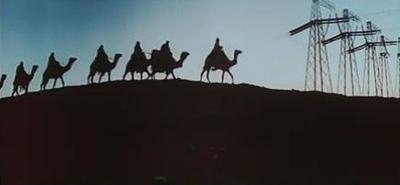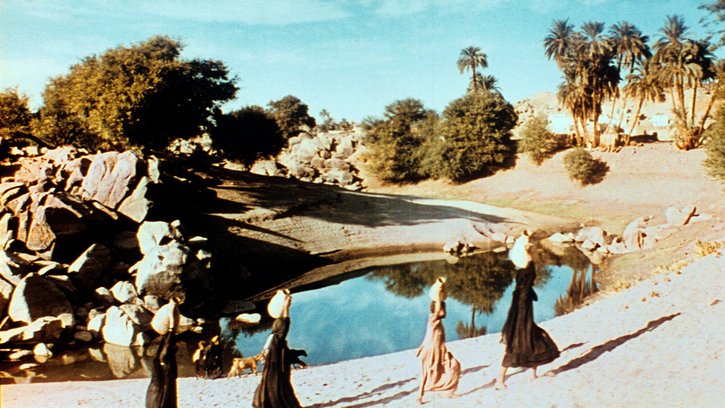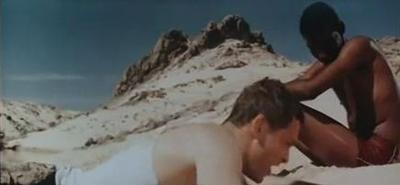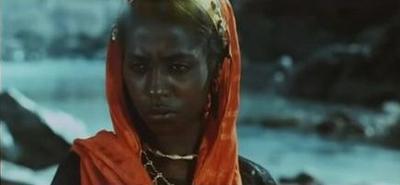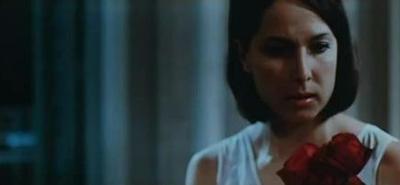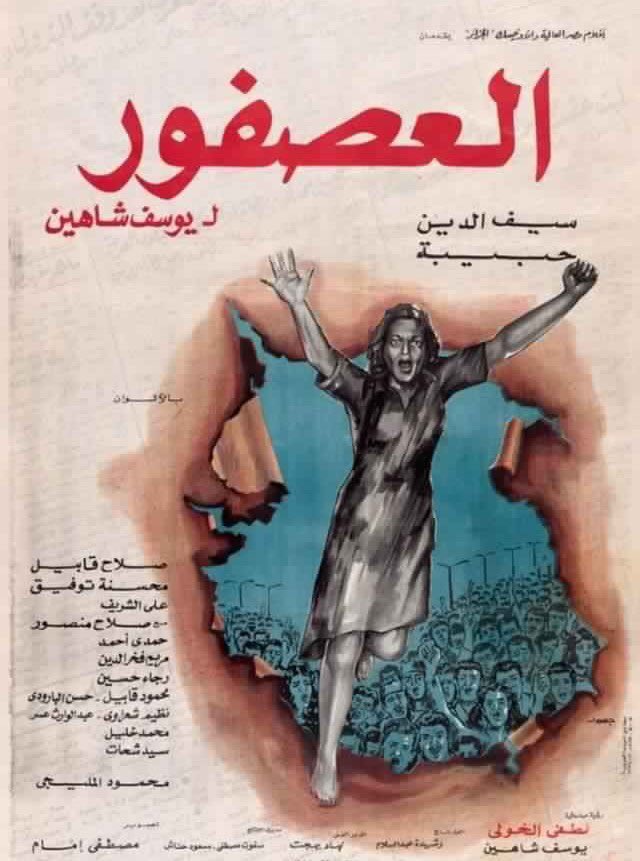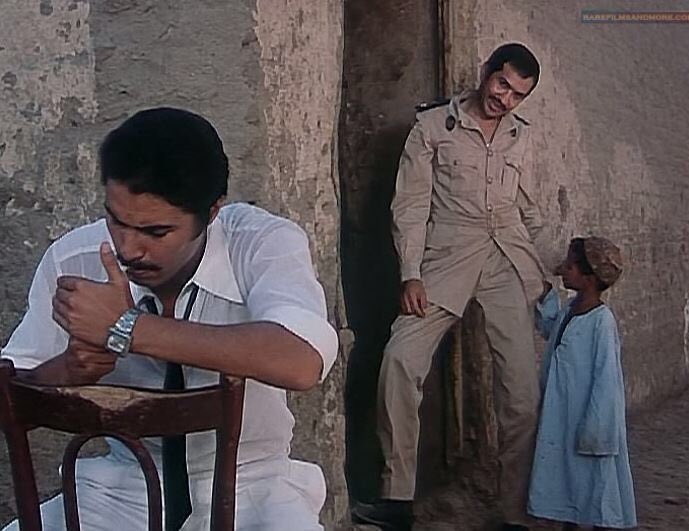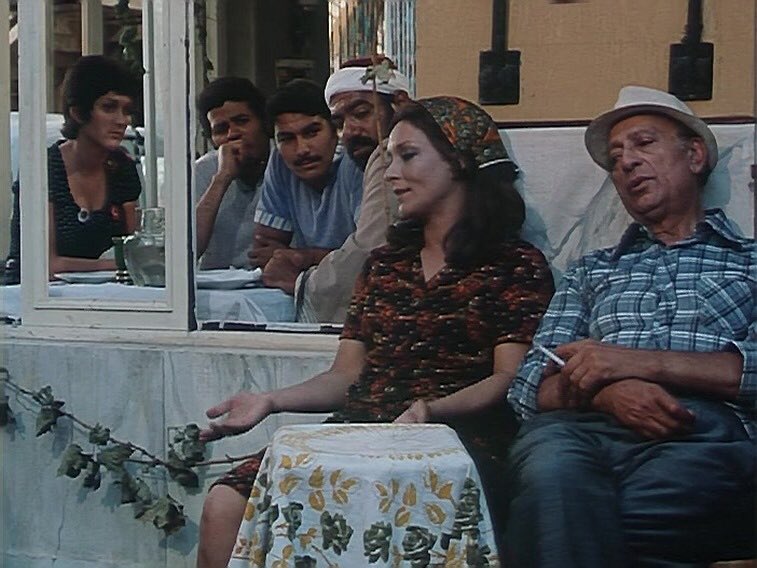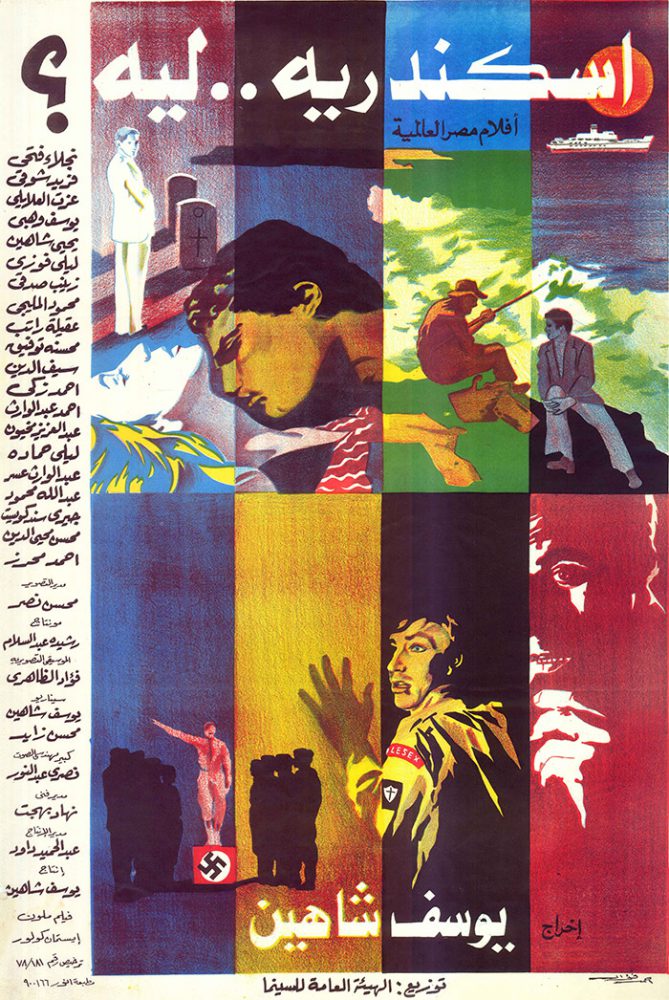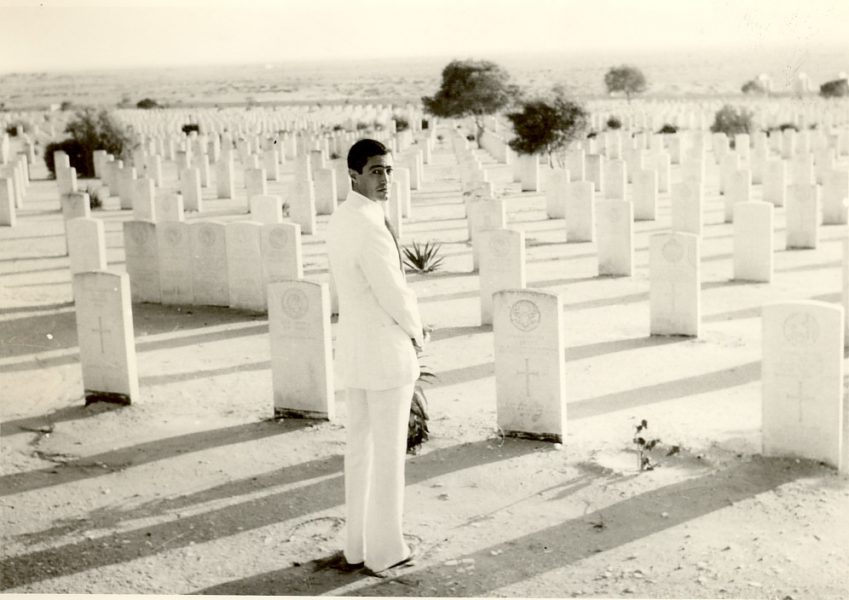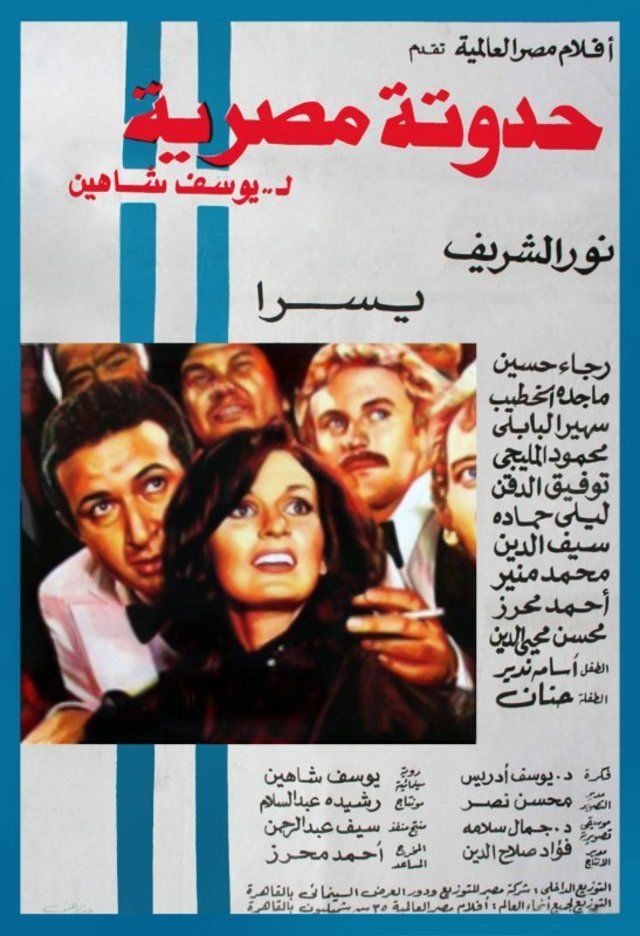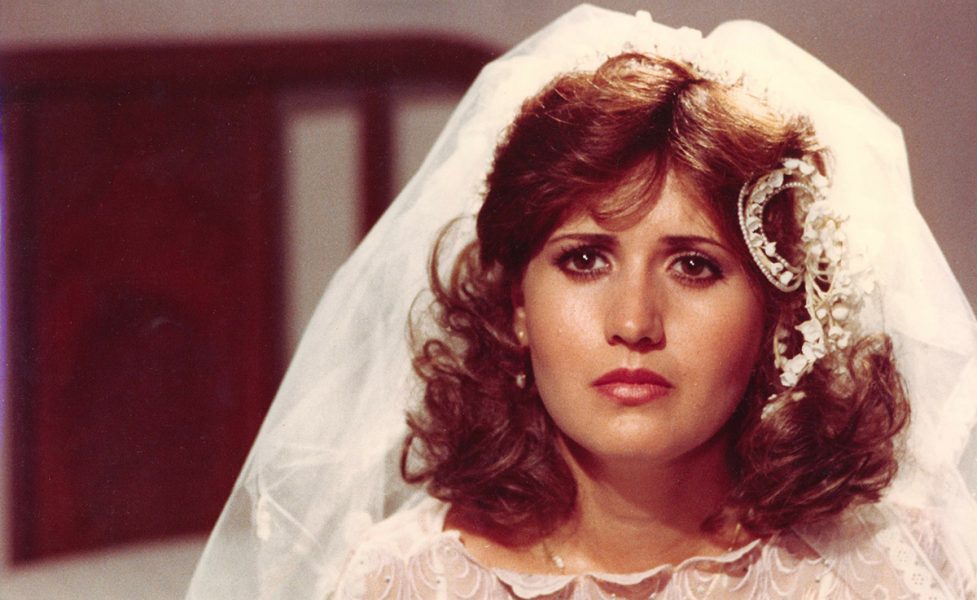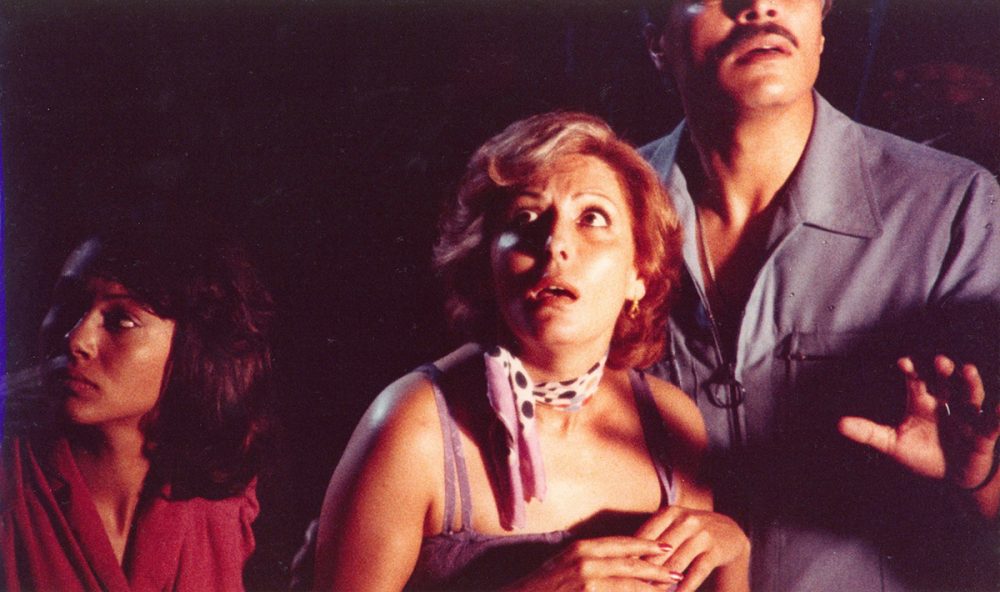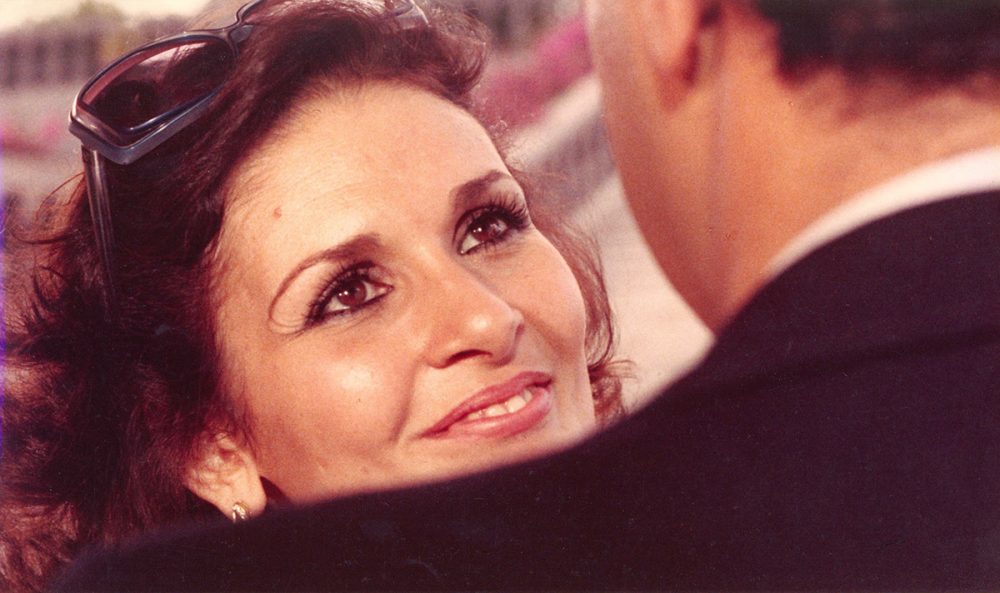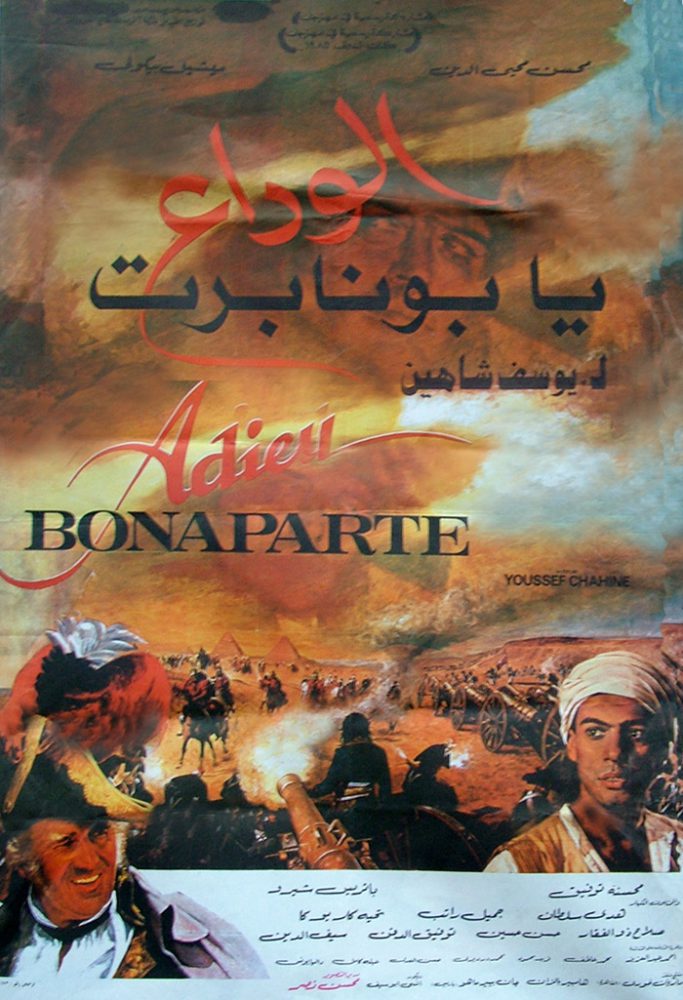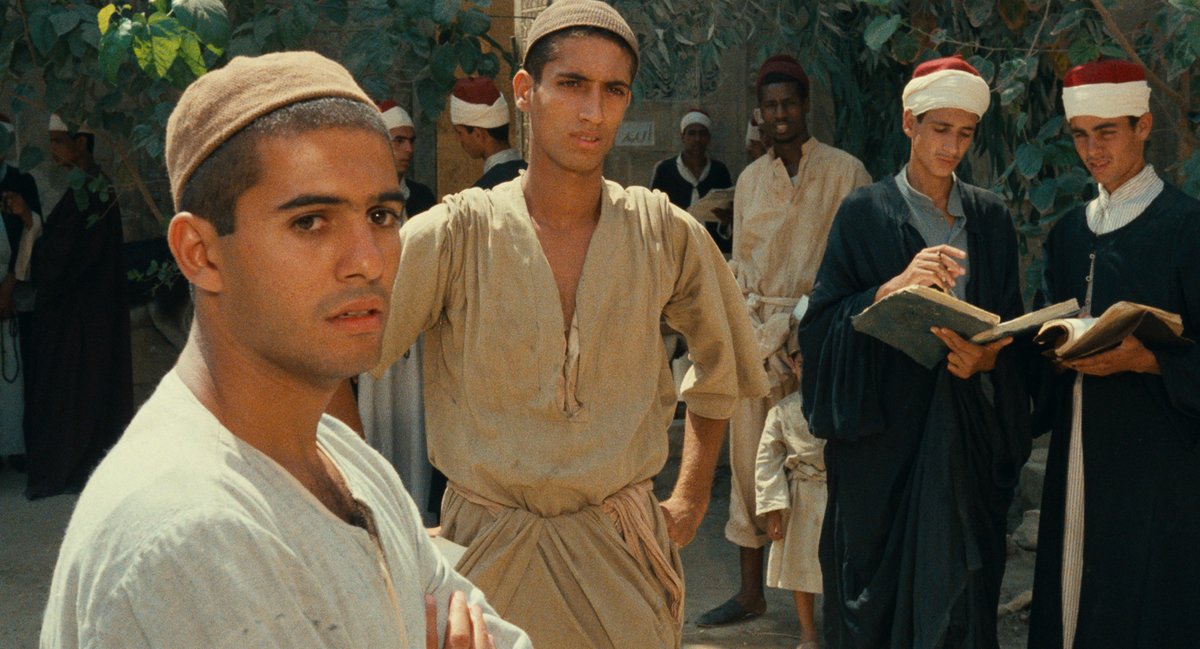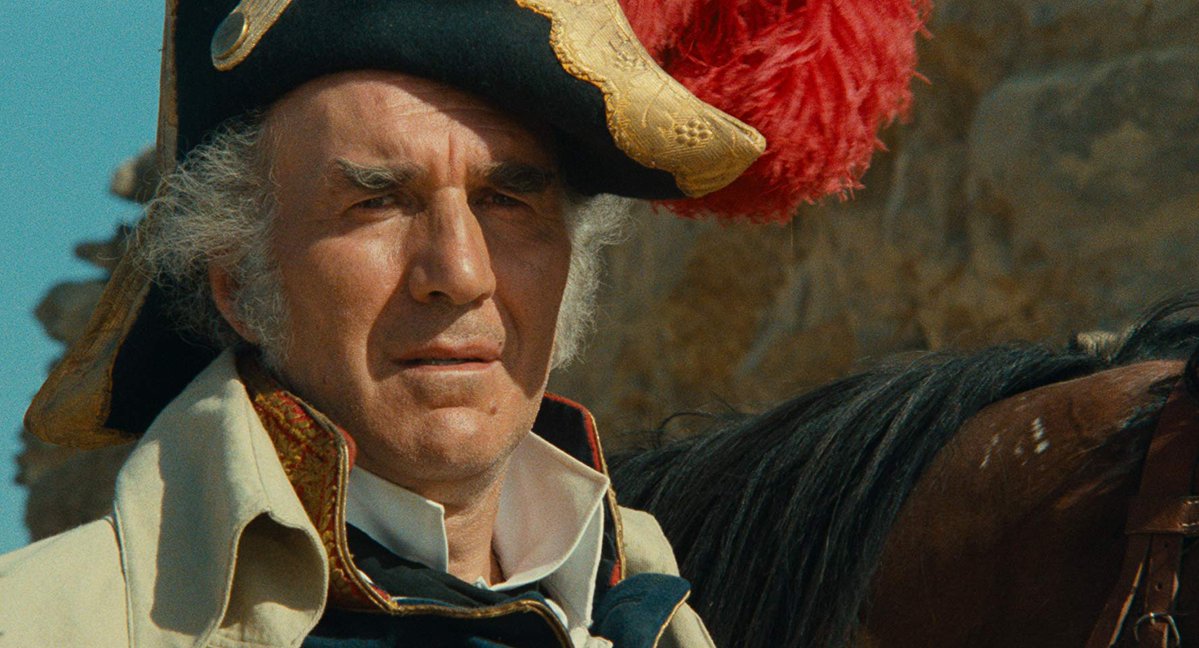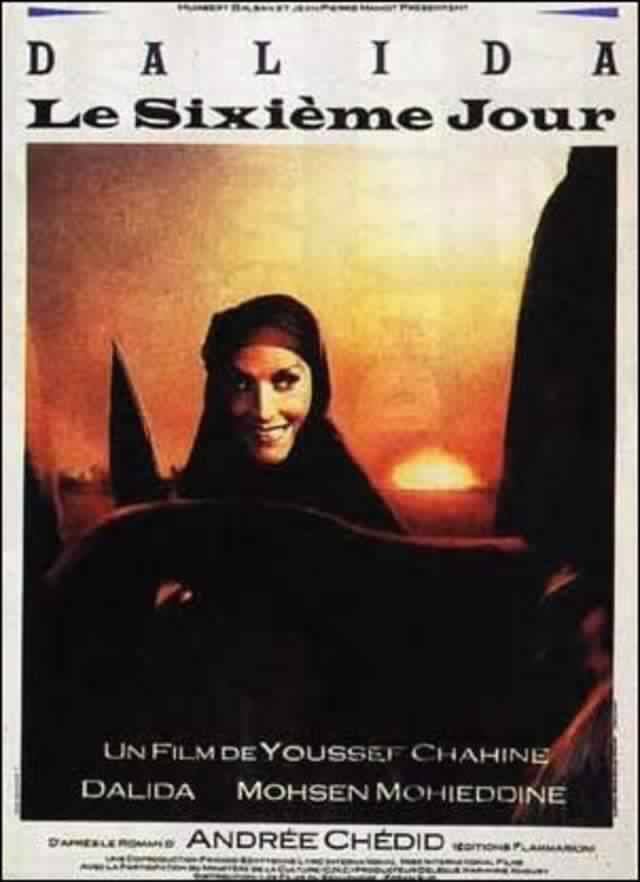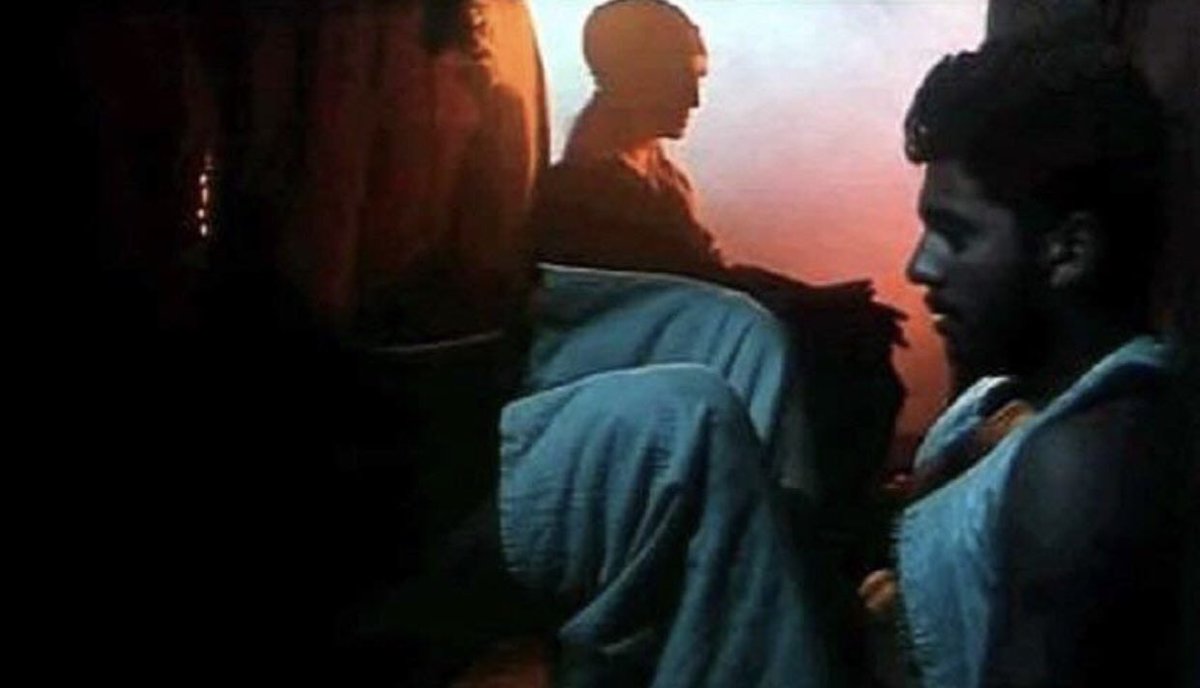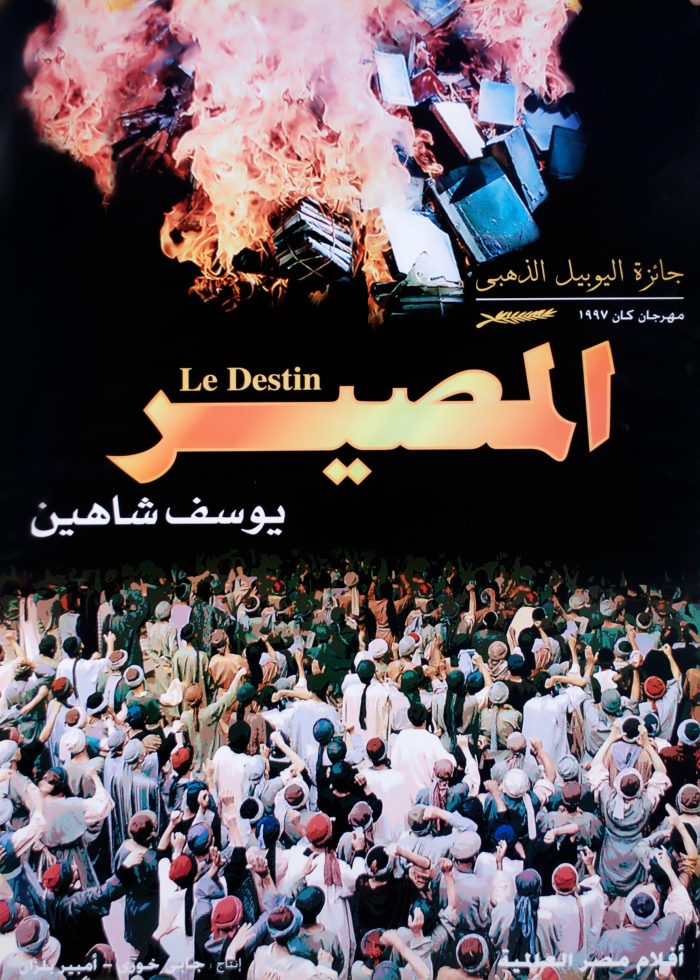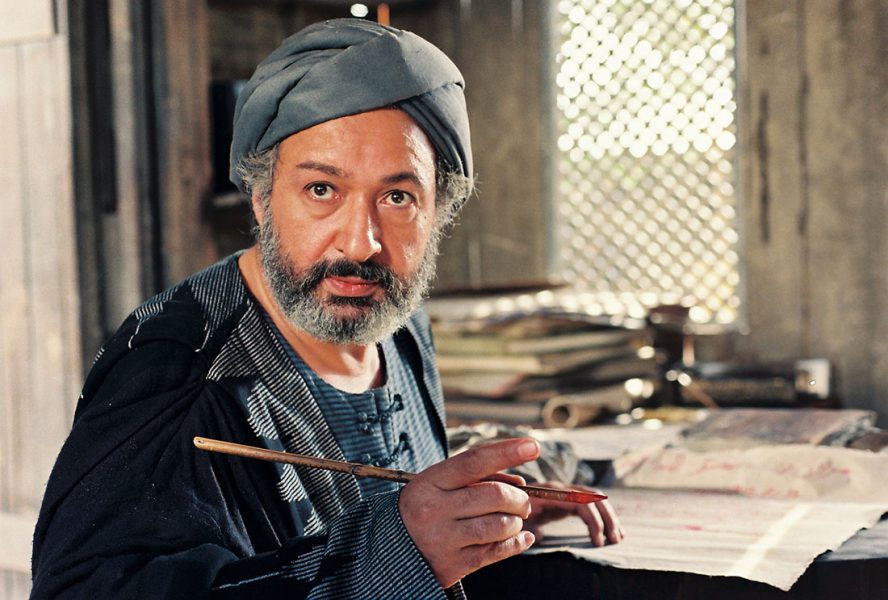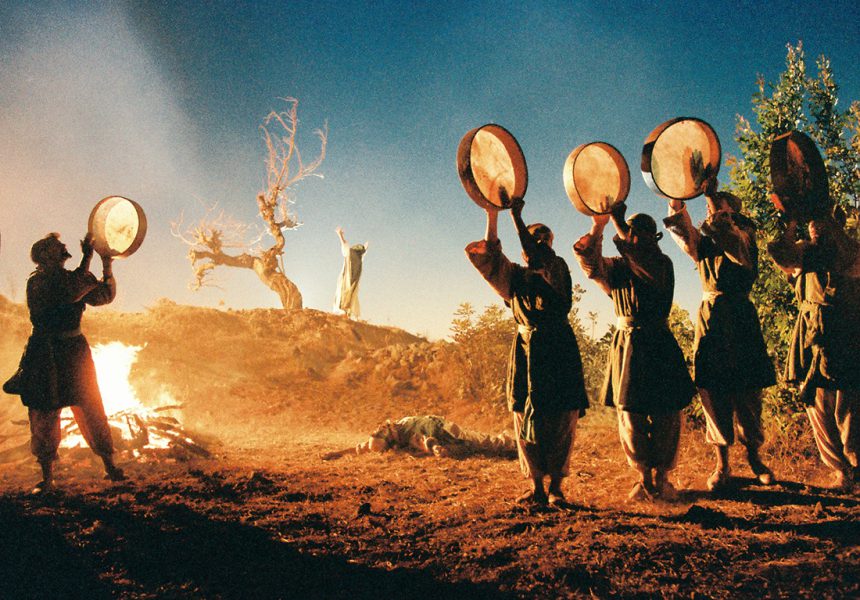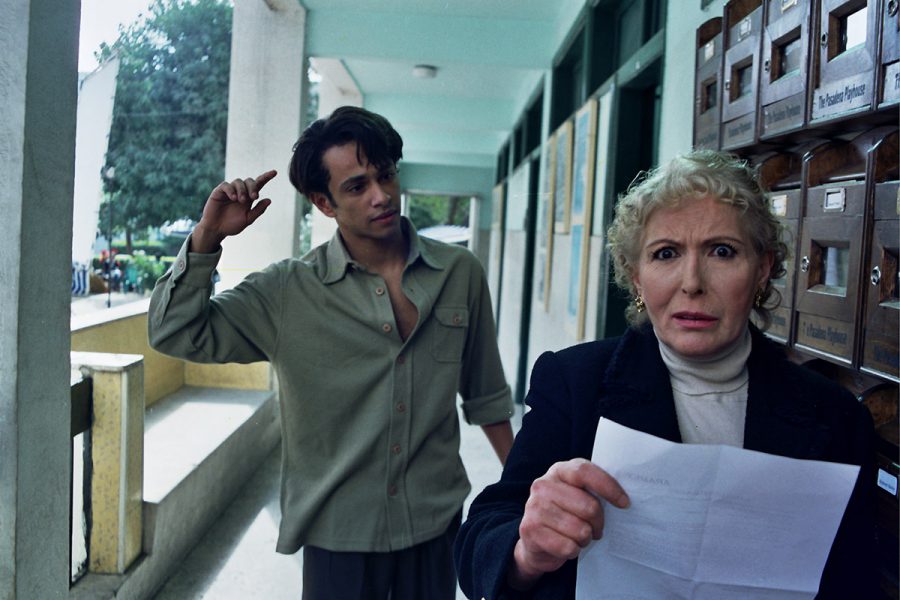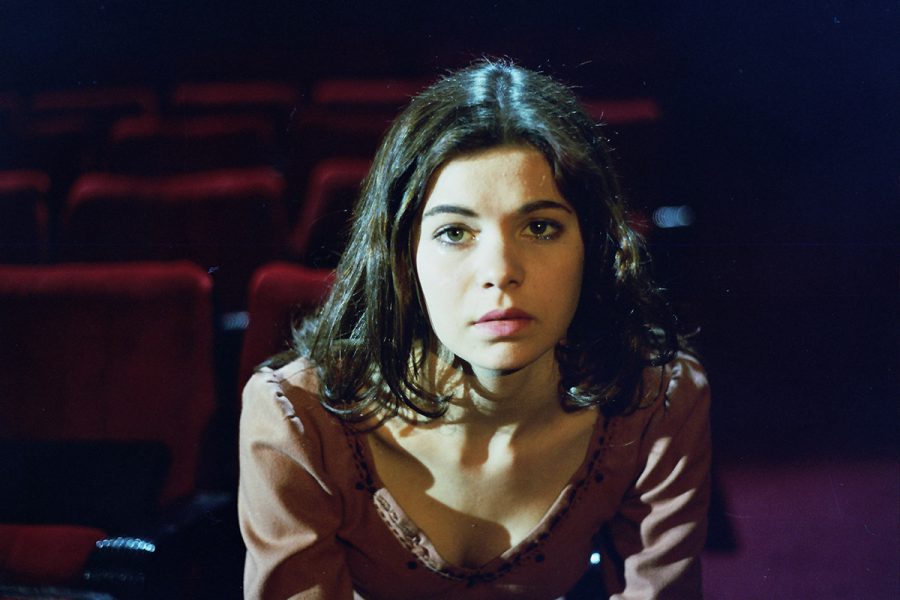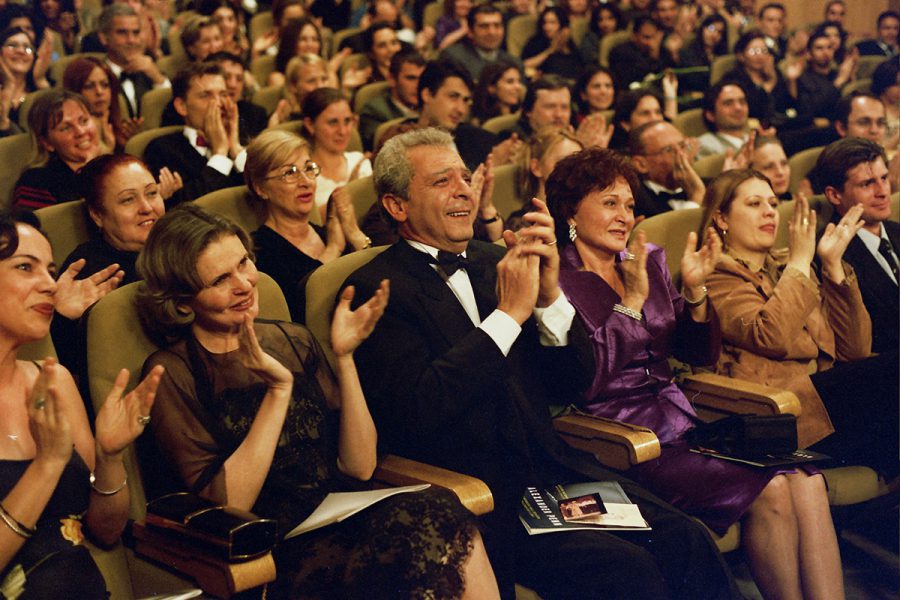Youssef Chahine Film Retrospective at the Cinémathèque Française
Last month, I went to Paris for two weeks to attend the Youssef Chahine film retrospective at Cinematheque Française which took place between November 14-25. The screenings were part of the 10th anniversary of Chain’s death showing films restored by Misr International Films in partnership with various Egyptian and European organisations.
There first retrospective that showed the restored films took place in Cairo in September and the retrospective in Paris appears to be the second one. I don’t have any news of other scheduled screenings or retrospectives anywhere, but will keep you posted as soon as I hear of any.
I had only seen a handful of Chahine films, and only on the small screen. So when the Paris screenings were announced, I didn’t want to miss the opportunity of seeing his films on the big screen.
There’s also a Youssef Chahine exhibition which goes on until July 28, 2019.
The retrospective included 17 screenings of which I watched 15, I missed one because I got the schedule wrong and skipped one to watch another film instead. Not all were restored versions and a couple were on 35mm.
These are the films I watched, listed in order of when they were released:
Baba Amin / Papa Amin (1950, Restored)
Sera’a Fil Wadi / The Blazing Sun (aka Struggle in the Valley) (1954, Restored)
Sera’a Fil Mina’a / Dark Waters (aka Struggle in the Pier) (1956, Restored)
Wada’at Hobbak / Farewell to Your Love (1957)
Bal El Hadid / Cairo Station (1958, Restored)
Saladdin (1963) (this one I watched at Reflet Medicis)
Yawm Fajr Jadid / Dawn of a New Day (1964, Restored)
Al Nil Wa Il Haya / The Nile and Life (1968, 35mm)
Al Ashour / The Sparrow (1972, video)
Iskindiriya Ley / Alexandria Why? (1978)
Hadoota Masriya / An Egyptian Story (1982)
Wada’an Bonaparte / Goodbye Bonaparte (1984)
Al Youm Al Sadis / The Sixth Day 1986 (Restored)
Al Maseer / Destiny (1997)
Iskindiriya, New York / Alexandria, New York (2004, 35mm)
I missed Al Muhajir / The Immigrant (1994) and Al Akhar / The Other (1999)
Overall, the retrospective was a mixed bag for me, I preferred Chahine’s earlier films compared to the ones he made in 1980 and 90s.
The following is a summarised recap of my experience. I hope to come back and write more as I was left with lots of thoughts and opinions about his films.
The connecting thread in all is films, whether they are melodramas, period films or musicals, addresses power, corporate and political corruption, nationalism, and religious fundamentalism.
There’s also a strong male on male gaze in his films, and a history of his films not getting green lit. Chahine’s personal life and politics are also reflected in his films, some more successfully than others. There’s also his interest in musicals, which again I found worked in some films and didn’t in others.
Youssef Chahine’s films are dense with so many layers to peel. So for now, I will share a very condensed version of my thoughts on the films I liked, and hope to write more about his films in the coming months.
The Blazing Sun starring Faten Hamama and Omar Sharif (and his first acting role in a film) is when they first met and I believe also fell in love. Sharif’s way of looking at Faten Hamama in many scenes really felt like he wasn’t just acting, and that he was truly smitten by her.
I always found Dark Waters too melodramatic, but watching it on the big screen for the first time, I found myself captivated by the beautiful faces of Faten Hamama, Omar Sharif and Ahmed Ramzy and noticing Yousef Chaine’s style as a director.
Scenes from Dark Waters
Cairo Station, which I have seen before on the small screen, was an incredibly rewarding experience to see on the big screen. A rich film that touches upon themes of desire, sexual repression, labour, class, feminism - in under 80 mins.
Dawn of a New Day is about an older bourgeois married woman in a relationship with a younger man. It looks like a bold film for 1964 and bold even for today. Chahine's themes of class, labour, politics and state media are central themes here, and despite the muddled ending, I was very glad I got to see this film which I had never seen before.
The Nile and Life is an Egyptian/Russian production about the Aswan Dam and its impact on people and livelihood. An astonishing film about labour told through Egyptian and Russian characters. It’s one of his most interesting films visually and jumps between past and present. This was my favourite film discovery from the series.
I felt very privileged to have seen it because I found out the version we watched wasn’t an approved film. There’s a re-edited version that was released in 1972 titled The People and The Nile. I still need to do some more research about the version I watched and track down the re-edited version too.
The Sixth Day is also another Youssef Chahine film that I liked visually. It was a good change from quick edits/jumping storylines compared to his other films. Starring Dalida, who is very miscast, yet still very appealing to watch on the screen.
Posters and film stills of all the films I watched.
Papa Amin
The Blazing Sun
Dark Waters
Farewell to Your Love
Cairo Station
Saladdin
Dawn of a New Day
The Nile and Life
The Sparrow
Alexandria Why?
An Egyptian Story
Goodbye Bonaparte
The Sixth Day
Destiny
Alexandria, New York

